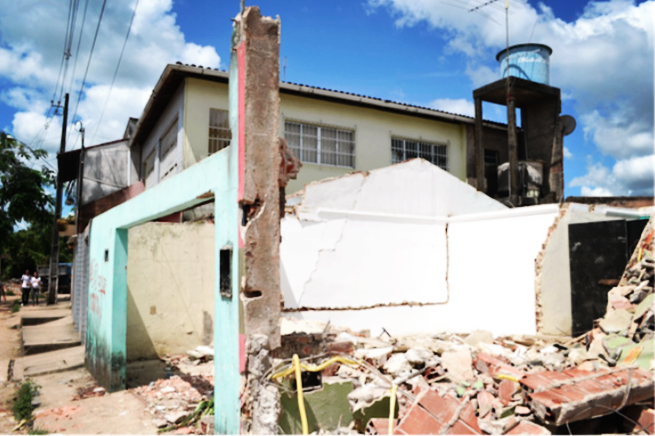Inclusive Land Governance in Mozambique: Good Law, Bad Politics?
Analyses inclusive land governance in Mozambique. Focuses on the country’s legal framework and the DUAT, the right to use and benefit from the land. The DUAT is a distinctive element of the Mozambican legislation that has land as the property of the state but recognises land use rights for occupants and users on the basis of a unitary system of tenure. The challenges of putting in practice what is thought to be one of Africa’s most progressive legal frameworks are discussed.




